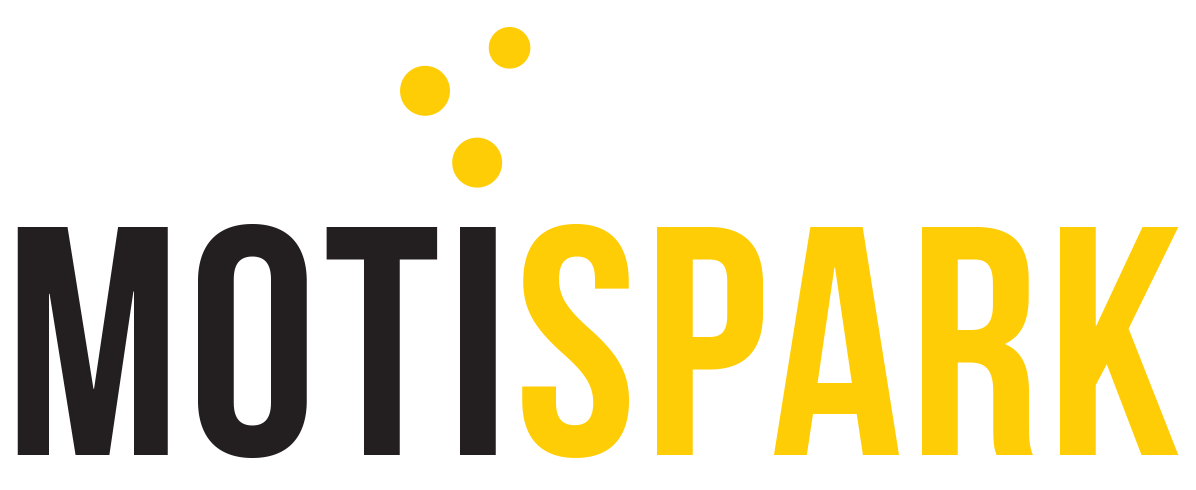Spanish Language MotiSpark for Diabetes Self-Management Support
MotiSpark for Diabetes Self-Management Support (MotiSpark-DSMS)
Spanish language diabetes education design & feasibility study: Over the course of 2 years, we worked on the development of a Latinx focused diabetes educational platform with multiple phases, starting with research and collaboration with Latinx diabetes education experts, then working with advertising creatives and market testing.
Program is ready to grow: we are looking for clinic partners and continuing grant-supported pilots with academic partners.
First SBIR grant application designed with UCLA.
Merck Pharmaceuticals evaluated MotiSpark based on recommendation of Latinx market expert at Cien.plus and asked researchers at the University of Texas at San Antonio to use MotiSpark for multi-site study. This work is still in development with Dr. Meize He at UT at San Antonio
Winter 2019: Tested multiple video + quiz modules with 15 adult native Spanish speakers in the LA area. 3 adult women (2 Guatemalan & 1 Mexican American) were given the program to test and the opportunity to invite 5 peers to try and give feedback. All testers invited maximum invitees and all testers engaged with all videos/quizzes. Questions included, would you use this? Do you think it would be helpful? Would it be more helpful than other things you’ve used? All answers were positive with highly enthusiastic responses like they wanted to give to their church to share with everyone.
MotiSpark for Diabetes Self-Management Support (MotiSpark-DSMS)
Introduction
Type 2 diabetes (T2D) has become a major health concern in the United States (US), especially among Hispanics.1 If left untreated, T2D may produce severe complications, e.g., heart disease, kidney failure, blindness, and amputations.1 T2D disproportionately affects Hispanics in the US. 2 Hispanics are 2-3 times more likely to develop T2D and its related complications than Whites.2-5 In addition, Hispanic patients are less likely than Whites to routinely check their Hemoglobin (HbA1c), have routine foot exams, self-monitor blood sugar, adhere to medications, and have an HbA1c measurement of 7% and below.6-9
Ongoing diabetes self-management, education, and support (DSMES) are critical to preventing acute complications and reducing the risk of long-term complications.10 DSMES provides activities that assist patients in sustaining healthy behaviors needed to manage their conditions.11 Despite the proven benefits of DSMES, only 5–7% of patients eligible for DSMES through Medicare or private insurance coverage actually receive the service.10 In reality, the chronic disease burden and time constraints of healthcare providers in primary care clinics, coupled with specific complex issues of patients with diabetes, hinder the provision of effective DSMES during routine office visits.12 In the United States (US), over 30 million people live with diabetes and early one-third US adults have prediabetes. The growing needs for DSMES calls for innovative approaches to reach and serve large and deserve populations beyond primary health care system.
Technology-enabled DSMES services may present cost-effective solutions to improve diabetes outcomes. 13 If DSMES services were delivered into home and life, patients are more likely to engage in lifestyle changes and other diabetes self-management behaviors.14 Hispanics are adopting the use of smart phones more rapidly than any other ethnic group in the US, with 88% owning a smartphone; therefore, technology based mobile health could be a practical and economic means to deliver DSMES to this target population.15 Although technology-based DSMES tools are emerging, most are not tailored to diverse populations and patients perceived them ‘too boring or difficult.’16
MotiSpark, a wellness & chronic care support via personalized video platform, is a first-of-its kind, personalized behavioral modification system that shows promise for improving self-care among diabetics. MotiSpark’s technology builds on compelling studies and successful software design principles to generate tailored audio-visual triggers. The triggers, or “sparks” are created by combining user-generated videos (created by filming a practiced behavior) with peer support and demographically appropriate third-party content. These visual nudges are location, time, and device-sensitive. Content for each video is unique and personalized. The system also allows progress tracking, rewards and evolving narrative visuals. As such, we are proposing a collaborative initiative to develop and test the feasibility and effectiveness of a personized video-based DSMES system using the MotiSpark technology via smart phone.
We are proposing pilot study to consolidate, implement and test the effectiveness and implementation process of a personized video-based DSMES program, develop and test the impacts of “MotiSpark for Diabetes Self-Management Support (MotiSpark-DSMS)”. The Year 1 will focus on formative research to engage health professional in consolidating the American Association of Diabetes Educators (AADE) 7 Self-Care Behaviors® 17 into the existing MotiSpark personized video-based cloud platform . A pragmatic trial will be conducted in Year 2 using an Effectiveness-Implementation Hybrid Trial Design to test intervention effectiveness and explore factors associated with program scalability. The last half of Year 2 will focus mainly on data analysis, interpretation and dissemination.
This collaborative initiative is an effort a collaborative initiative among four entities: 1) Nutrition research team led by Dr. Meizi He and Ms. Stephanie De Leon Ansley at the University of Texas at San Antonio (UTSA); 2) a computer engineeringsoftware development team led by Ms. Ariel McNichol, Co-Founder and CEO at MotiSpark, 3) a team of primary healthcare providers led by Dr. Ramon Reyes at Bandera Family Medical Group (BFMG) and 4) Ms. Lisa Valtierra, Director Client Experience CIEN + unlock the power of culture. Our team is well positioned to lead the proposed collaborative initiative because of the strong collaboration among the project partners, extensive expertise in diabetes education, research, clinical practice and experience in conducting research and providing services for adults with poorly controlled diabetes and its related chronic complications.

